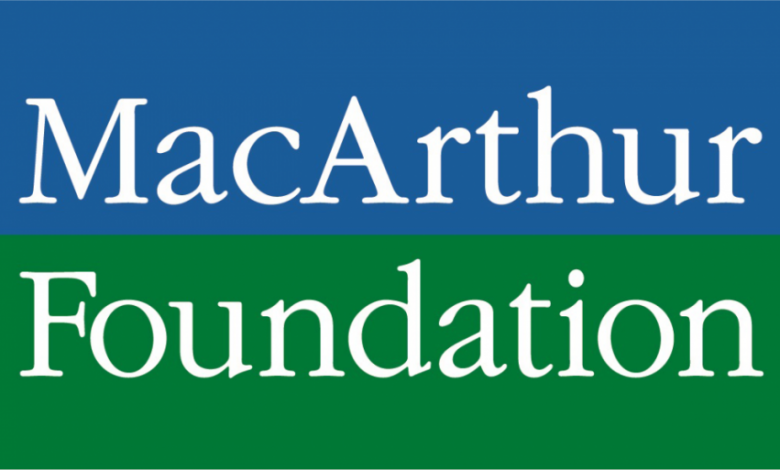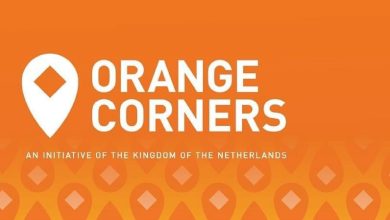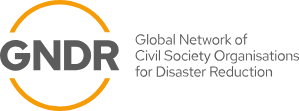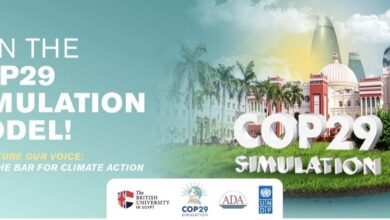Apply for MacArthur Foundation 100&Change Grant Competition

The John D. and Catherine T. MacArthur Foundation is accepting applications for the 100&Change Competition, a $100 million grant competition to fund a single proposal that promises real and measurable progress in solving a critical problem of the time.
By funding 100&Change at a level far above what is typical in philanthropy, they seek to address problems and support solutions that are radically different in scale, scope, and complexity. They believe $100 million can enable real progress toward a meaningful and lasting solution to a critical problem of the time. They work on a few big bets that strive toward transformative change in areas of profound concern, including the existential threats of climate change and nuclear risk, the challenges of criminal justice reform in the U.S. and corruption in Nigeria.
Strategy
- Some problems cannot be solved by grants of the size that foundations typically provide. By funding at a level far above what is typical in philanthropy, they can address problems and support solutions that are radically different in scale, scope, and complexity. $100 million is a large enough sum to focus on a serious problem and its solution in a meaningful and lasting way. They hope that 100&Change can inspire a conversation about solutions and about how they can solve some of the most significant problems.
- The openness of 100&Change is a counterbalance to the Foundation’s Big Bets, which strive for transformational impact in areas identified by the Foundation’s Board and Staff. In contrast, they designed 100&Change to be agnostic with respect to the field or problem area.
- They seek proposals that articulate both a problem and its solution. Competitive proposals will address a significant problem and provide a solution that is impactful, evidence-based, feasible, durable, and just.
Competition Timeline
- The MacArthur Foundation designed a selection process that is fair, open, and transparent. Once the application period closes, Lever for Change Staff will work to review each 100&Change submission to ensure it meets the requirements and rules before advancing to the next stage. During the participatory review process, applicants within the same domain will score and provide feedback on each other’s proposals using the established criteria. The Wise Head Panel of external judges will then review and score submissions using the same criteria and trait scoring rubric. MacArthur’s Board of Directors will then select up to five finalists. Over the next several months, the finalists will work with an expert team to strengthen their proposals, present a preliminary plan for monitoring and evaluation, and learning, and show authentic engagement with communities of interest before submitting revised project plans.
Eligibility Criteria
- The third round of 100&Change remains open to organizations and collaborations working in any field, anywhere in the world.
Criteria
- They will ask them to determine whether projects are impactful, evidence-based, feasible, durable, and just.
- Impactful: Does the proposal describe an urgent problem worth solving, and will the solution have a transformative impact? Is the proposal sufficiently ambitious either in its progress toward a solution; the size and number of communities served; the size of the geography served; or intensity of impact on a small but vulnerable population or geography?
- Evidence-based: Does the proposal present evidence that the solution or its critical components have previously yielded practical and concrete results? Does the evidence suggest that the solution can be adapted to other contexts, such as expanding to new populations or geographies, or to reach a greater number of people over time, and still retain its effectiveness?
- Feasible: Does the team have skills, capacity, relationships, and experience to deliver its proposal? Do the budget and plans represent a realistic understanding for successful implementation? Does the mitigation plan address changes in key personnel and political, market, or social environments? Is community input incorporated throughout design, implementation, and evaluation?
- Durable: Will the solution have a sustained impact? Does the solution either expect to solve a problem in five years or create a pathway to solving the problem over time? Will the project elicit support from other sources—private, philanthropic, or public? Has the team advanced a clear, cogent, and compelling vision for the future?
- Just: Has the team demonstrated a commitment to equity, inclusion, and accessibility in the ideation and design of the solution and in its staffing and operations? Will the solution benefit different populations equitably—particularly historically marginalized people or populations with the greatest needs, both human and nonhuman?
For more information, visit MacArthur Foundation.




